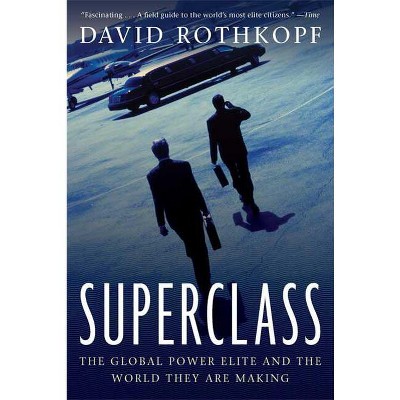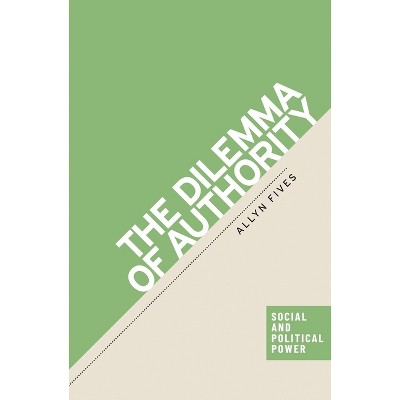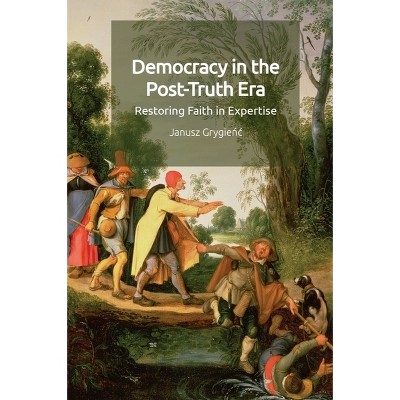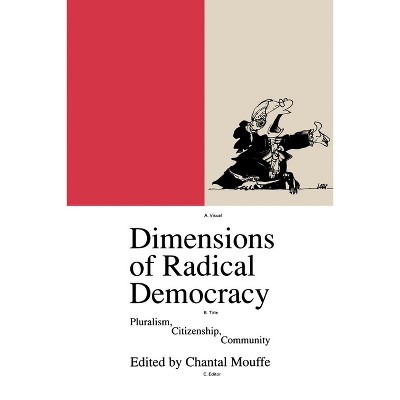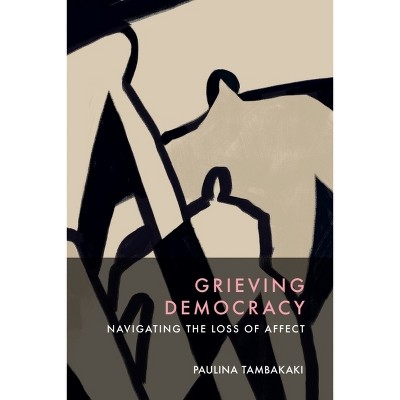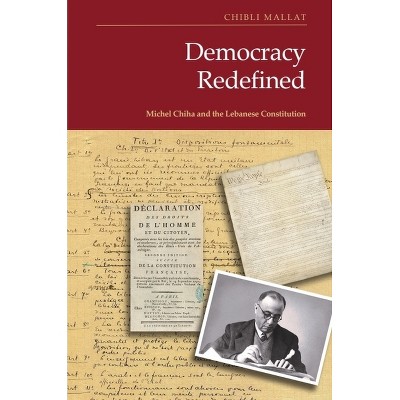Sponsored

Redirecting Radical Democracy - by Sofia Anceau Helander
In Stock
Sponsored
About this item
Highlights
- Today, alienation manifests itself primarily as precarisation and deprofessionalisation.
- About the Author: Sofia Anceau Helander is Lecturer and Researcher in the Department of Government at Uppsala University, specialising in political theory and social movement studies.
- 264 Pages
- Political Science, Political Ideologies
Description
About the Book
Shows that while alienation poses serious problems to modern democracies, it is a form of social suffering that is particularly difficult for democratic theory - preoccupied by the political - to address.Book Synopsis
Today, alienation manifests itself primarily as precarisation and deprofessionalisation. When the subject's work security or professional autonomy is undermined, relations - not only to others, but also to one's self - can become inhibited. This book shows that while alienation poses serious problems to modern democracies, it is a form of social suffering that is particularly difficult for democratic theory - preoccupied by the political - to address. The book highlights that not even radical democracy, which emphasises the importance of social resistance, can include the alienated. The author shows this is not merely due to the historical emergence of radical democracy and its turn away from traditional socialism, but also to a deeper problem in the theory itself. Helander argues that in order to address alienation, radical democracy - as both normative theory and political strategy, must be reformulated starting with its deep assumptions about the subject.Review Quotes
Sofia Helander moves radical democratic theory beyond the implausible assumption of a political subject who is already as flexible, strong and conflict-seeking as neoliberalism demands. By recuperating the concept of alienation, Redirecting Radical Democracy makes agonistic democracy speak more meaningfully to our contemporary social condition of precarity.
-- "Andrew Schapp, University of Exeter"About the Author
Sofia Anceau Helander is Lecturer and Researcher in the Department of Government at Uppsala University, specialising in political theory and social movement studies. She has previously studied social movements in Sweden and India, publishing in Journal of Developing Societies, and Revista Internacional de Sociología. This is her first monograph.
Shipping details
Return details
Trending Non-Fiction






